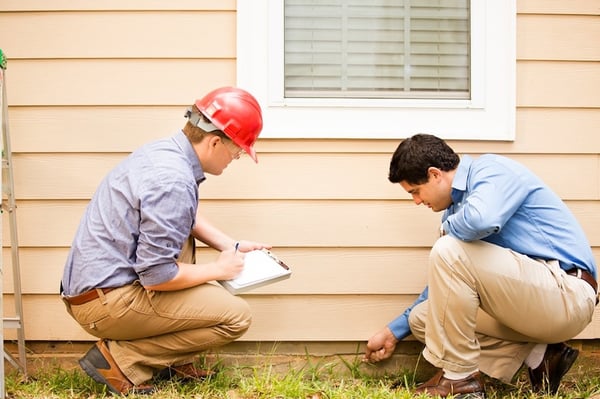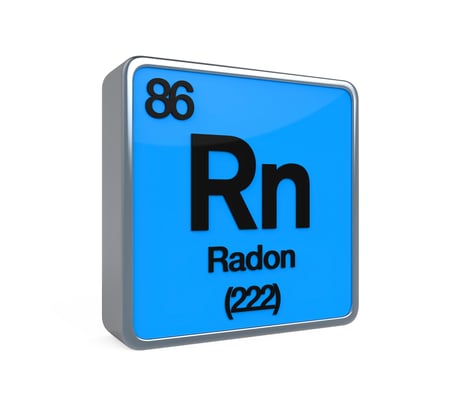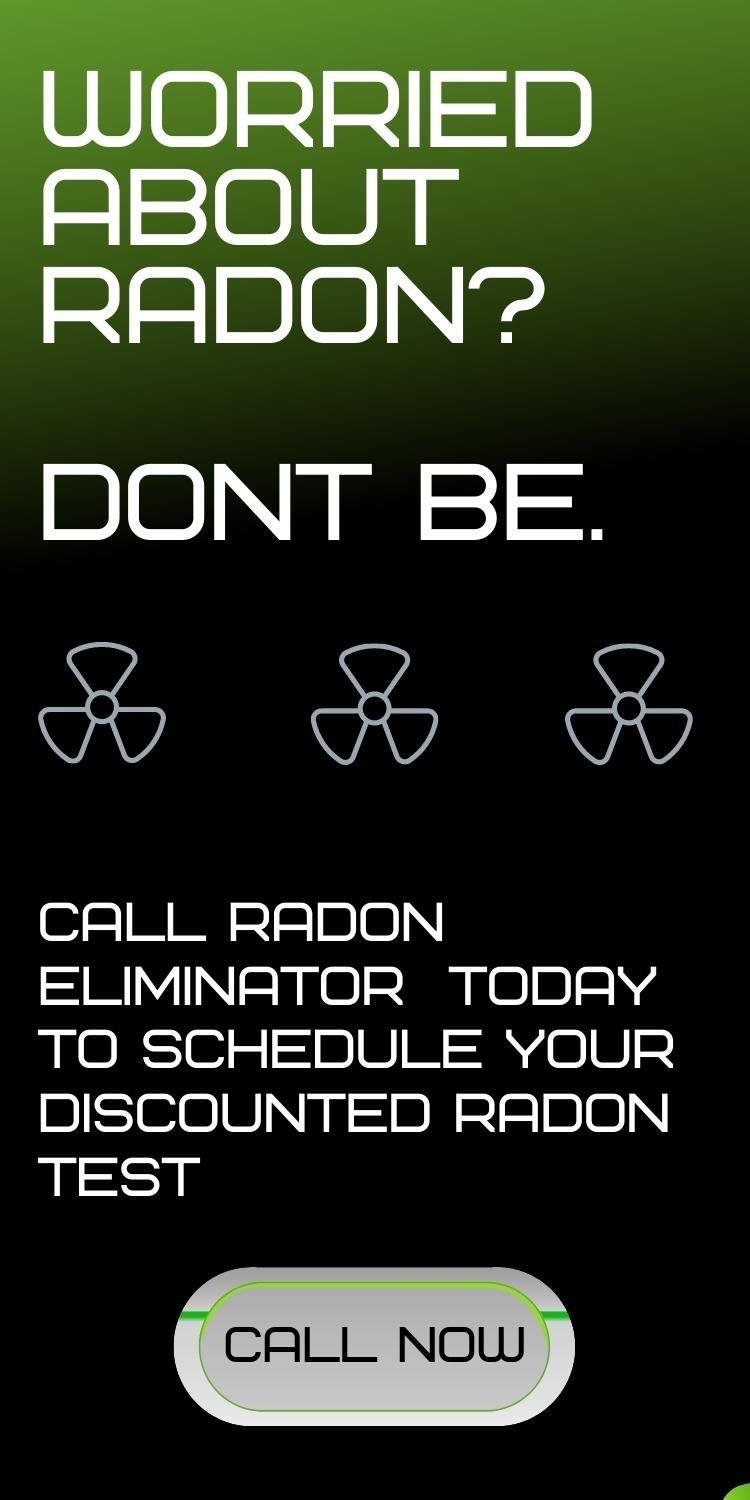Radon is a hidden danger in the homes of hundreds of people, but they don't even realize it.
Like carbon monoxide, radon is colorless, odorless, and tasteless, therefore completely undetectable.
Radon occurs naturally in the soil and can be found all over the world.
In extreme cases, radon poisoning leads to death, and people don't realize they have radon poisoning until it's too late.
With something as potentially harmful as radon, people need to know if they are in danger or not.
Also, like carbon monoxide, you can buy radon detectors and testing kits for your home to see if there are elevated levels of radon present.
If you do, you have to be proactive to get the radon out of your home.
But, are the test kits accurate? Should you put the health of you and your family in the hands of an at-home kit?
There is a significant amount of misinformation about what radon can do to your body. Read our blog post: "Can Exposure to Radon Cause Leukemia?"
We'll explore that and more in the article below.
Table of Contents
- What Is Radon?
- Radon Testing
- Is At-Home Radon Testing Accurate?
- How To Get An Accurate Reading
- Professional Testing
What Is Radon?
Radon is a naturally-occurring radioactive gas that can cause lung cancer.
Radon is tasteless, colorless, and odorless and completely undetectable to humans.
Radon is in almost every breath we breathe in minimal amounts.
Radon disperse quickly outdoors, and isn't a health issue.
The problems with radon arise when the gas gets trapped indoors by entering through cracks and holes in the foundation.
The radon gas gets stuck inside and can build up to unsafe levels.
Breathing in those high levels of radon will increase your lung cancer.
Behind only smoking, radon gas is the second leading cause of lung cancer, contributing to 21,000 deaths every year.
Fortunately, there are steps you can take to reduce and control the amount of radon in your home.
The only way to know if your home has unsafe levels of radon is to have it tested.
Concerned your new house may have high levels of Radon? Read our blog post: "What Homebuyers Need to Know About Radon?"
Radon Testing
Just because your neighbor had their house tested and came back safe, doesn't mean your house will.
Radon levels will vary from house to house, so every house in the same neighborhood can come back with a different reading.
The only way to know for sure that your house is safe is to have it tested.
There are two types of tests; short-term or long-term.
Short-Term
Short-term testing is usually used if you're in a hurry, like during a real-estate sale.
Some short-term tests only measure the radon for two or three days, while others will measure it for up to 90 days.
For the short-term tests, you'll need to keep your windows and doors closed as much as possible and avoid fans that bring in air from the outside.
Since radon levels fluctuate so much, short-term testing isn't as reliable as long-term testing.
Short-term devices include:- Alpha-track detectors
- Charcoal canisters
- Charcoal liquid scintillation detectors
- Electret ion chambers
- Continuous monitors
Long-Term
Radon levels fluctuate day to day and month to month, so you'll get the most accurate results from a long-term test.
Every long-term test will measure radon levels for more than 90 days.
Alpha-track and electret ion chamber detectors are usually used for long-term testing.
If you're serious about finding out if your home has elevated levels of radon, you should use a long-term test.
They are relatively inexpensive and can be picked up at most hardware stores.
To get the most accurate results, following the instructions to the T.
Your test kit should be placed in the lowest level in the home, and once you have it there, you're all set.
When the test is complete, all you'll need to do is pack it up and send it away for analysis.
Most results will be back within a few weeks.
Is At-Home Radon Testing Accurate?
Due to radon's volatile nature, as well as the way it emerges from the ground, the measurable levels of radon in your home can change drastically from day-to-day.
This means that the short-term tests we talked about can be next to useless for accurate readings.
Radon can be practically non-existent in your home for a few days and then skyrocket a few days later.
You can see why a three-day test is likely a waste of money.
Radon disperses relatively easily. Opening and closing windows and doors, walking around, and simply living in your space can cause radon readings to be skewed.
That means even though the radon levels in your home could be dangerously high, the movement of your family and the flow of air can cause the tests to be highly inaccurate.
How To Get An Accurate Reading
Even though at-home radon testing can be unreliable, there are two rules you can follow to help you get the most accurate reading possible.
Test Often. The EPA recommends that you test for radon in your home every two years. You should test at least this often, because it can uncover changes in radon levels over time.
Test Long-Term. Always opt for long-term tests over short-term tests. Long-term tests allow you to capture spikes and troughs in the levels of radon in your home, giving you a more accurate representation.

Professional Testing
At-home radon testing is easy and cheap, but not always reliable.
When the health of you and your family is at stake, you want to be sure you're getting the most accurate results possible so you know what to do next.
You will get a much better reading by using a professional radon contractor with a legitimate radon testing machine.
After they've tested your home, they will analyze your results, and help you decide what to do next.
If your levels are safe, they'll be on their way.
If they are elevated, they will explain to you the mitigation process and how they intend to lower the levels of radon in your home.
If you want to speak to a professional about getting your home tested for radon, contact Radon Eliminator.
They will be sure your home is safe for you and your family.






